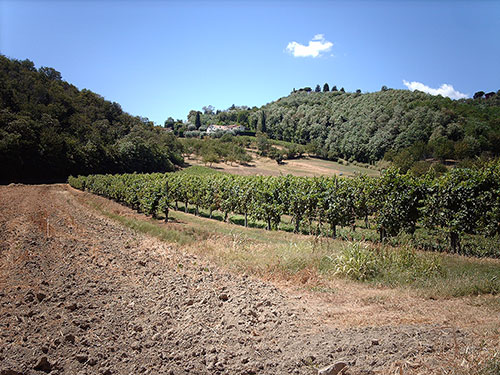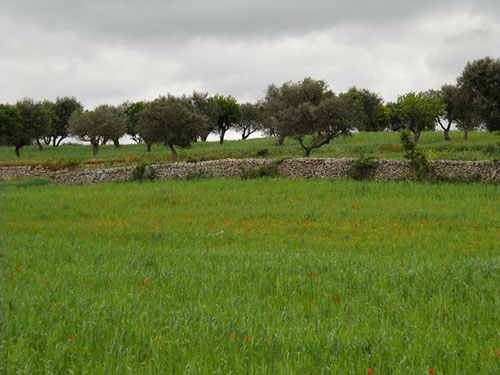Approach
ENVIEVAL will cover a set of EU Member States of Germany, UK, Greece, Finland, Italy, Lithuania, and Hungary, within which it will choose regional study areas to test the suitability of methods to evaluate the impacts of the rural development programmes on different environmental public goods. The partner countries cover a wide range of different environmental, socio-economic and political characteristics of rural areas. The state and extent of the provision of different public goods from agriculture such as biodiversity, water quality and landscapes vary greatly across the different rural environments in the partner countries, as do the priorities in the rural development programmes, so providing a menu of different key rural development measures across all axes. Agricultural systems vary from intensive farming with fertile soils and favourable climatic conditions (e.g. parts of Germany, Italy and the United Kingdom), to extensive livestock systems in some of the most marginal and remote areas in the EU which also suffer from unfavourable natural conditions and isolation from markets (e.g. remoter areas of Finland and Greece). Agricultural sectors in the Baltic States and Hungary (new Member States) are going through a process of significant structural change affecting the quality and quantity of public goods they provide. The differences in the provision of public goods, rural development programmes and agricultural structures provide a diverse setting for the development and testing of new and improved tools to evaluate the environmental impacts of rural development programmes in a set of case studies in the partner countries which will also take account of different data requirements and availability.
The methodological frameworks and evaluation tools will be tested through the application of public good case studies in selected study areas in the partner countries. The public good case study approach allows the development, testing and integration of evaluation methods according to their suitability for specific environmental objectives, and reflects the central aim of the Common Agricultural Policy (CAP) to deliver public goods from farming and forestry. The selection of the public goods case studies builds on their relevance to farming and forestry, with respect to the environmental objectives of CAP and the structure of the CMEF.
In addition to the environmental public goods of climate change mitigation, biodiversity, landscapes, water quality and soil quality, the project will pay particular attention to animal welfare and include animal welfare case studies. Animal welfare is one of the key objectives of the rural development regulation and the Treaty of Lisbon, but is currently not explicitly covered in the CMEF. Some Member States have included additional impact indicators, but one of the main difficulties in the evaluation of impacts on animal welfare of rural development programmes is the formulation of robust and quantifiable indicators for different livestock species (and a lack of underlying data) suitable for policy evaluation. ENVIEVAL will derive and test animal welfare indicators and qualitative evaluation methods in public good case studies, which will build on recent and current developments in a number of international animal welfare projects (e.g. Welfare Quality, AWARE and AWIN projects).
ENVIEVAL includes an economic cross-cutting component assessing the cost-effectiveness of the evaluation methods developed and tested for use in the methodological framework. The cost of developing and applying the different indicators, monitoring requirements and evaluation methods and their impacts on the quality of the evaluation results will be compared and tested in the public good case studies, considering the robustness of the results, the level of details and the ability to draw generic conclusions.
ENVIEVAL will provide valuable information for evaluators and policy-makers on the suitability and selection of different evaluation methods in future evaluations taking into account differences in data availability between Member States, environmental aspects, skills of the evaluators and existing financial resources. A user-friendly methodological handbook will synthesise fact sheets on the development and application of the different evaluation tools and provide guidance to evaluators and policy-makers for future evaluations of EU rural development programmes.

